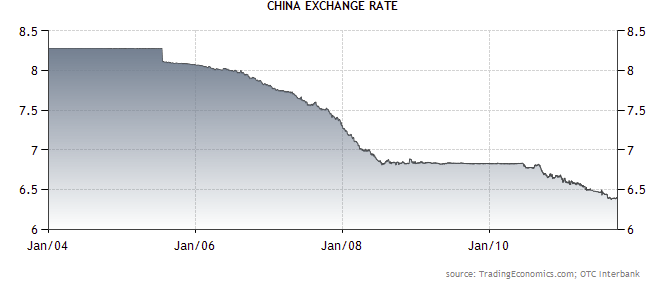Rob Parenteau: Blinded by Faith – Sinking the Eurozone
By Rob Parenteau, CFA, sole proprietor of MacroStrategy Edge, editor of The Richebacher Letter, and a research associate of The Levy Economics Institute
Wolfgang Munchau has raised a very important point in his current Financial Times article, “Why Europe’s officials lose sight of the big picture.” The eurozone, Wolfgang points out, is more like a large closed economy than a collection of small open economies, and this has implications for fiscal policy outcomes, yet these implications remain largely unrecognized by policy makers within the region. Wolfgang noted:
Read more...
